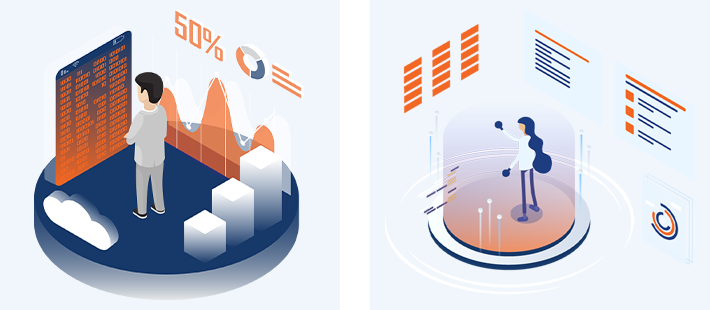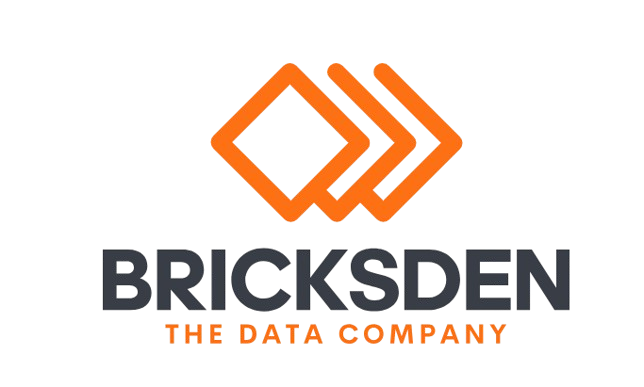
MLOps focuses on the automation, deployment, and monitoring of machine learning models, ensuring they are effectively integrated into production systems and continuously improved based on performance metrics.
In Databricks, MLOps practices leverage its unified analytics platform to manage end-to-end machine learning workflows, from model development and training to deployment and monitoring. On the other hand, DevOps principles applied to big data emphasize the automation and efficiency of data engineering processes, ensuring smooth integration and delivery of data pipelines. Databricks supports DevOps practices by providing tools for continuous integration and continuous delivery (CI/CD) of data workflows, enabling rapid iteration and reliable updates. Together, MLOps and DevOps in Databricks enhance the agility, reliability, and scalability of big data solutions, driving innovation and operational efficiency.

- Streamlined Workflows: MLOps automates the deployment and monitoring of machine learning models, while DevOps automates data pipeline integration, leading to more efficient and reliable workflows.
- Faster Time-to-Market: Continuous integration and delivery (CI/CD) practices in both MLOps and DevOps accelerate the development and deployment of data solutions and models, reducing time-to-market for new features and improvements.
- Reliable Data Pipelines: DevOps practices ensure that data pipelines are robust and consistent, minimizing disruptions and maintaining data quality across the organization.
- Automated Monitoring and Alerts: Both MLOps and DevOps incorporate automated monitoring and alerting, enabling proactive issue resolution and maintaining system reliability.
- Consistent Environments: These practices help maintain consistent development, testing, and production environments, reducing discrepancies and ensuring smooth transitions across stages.
